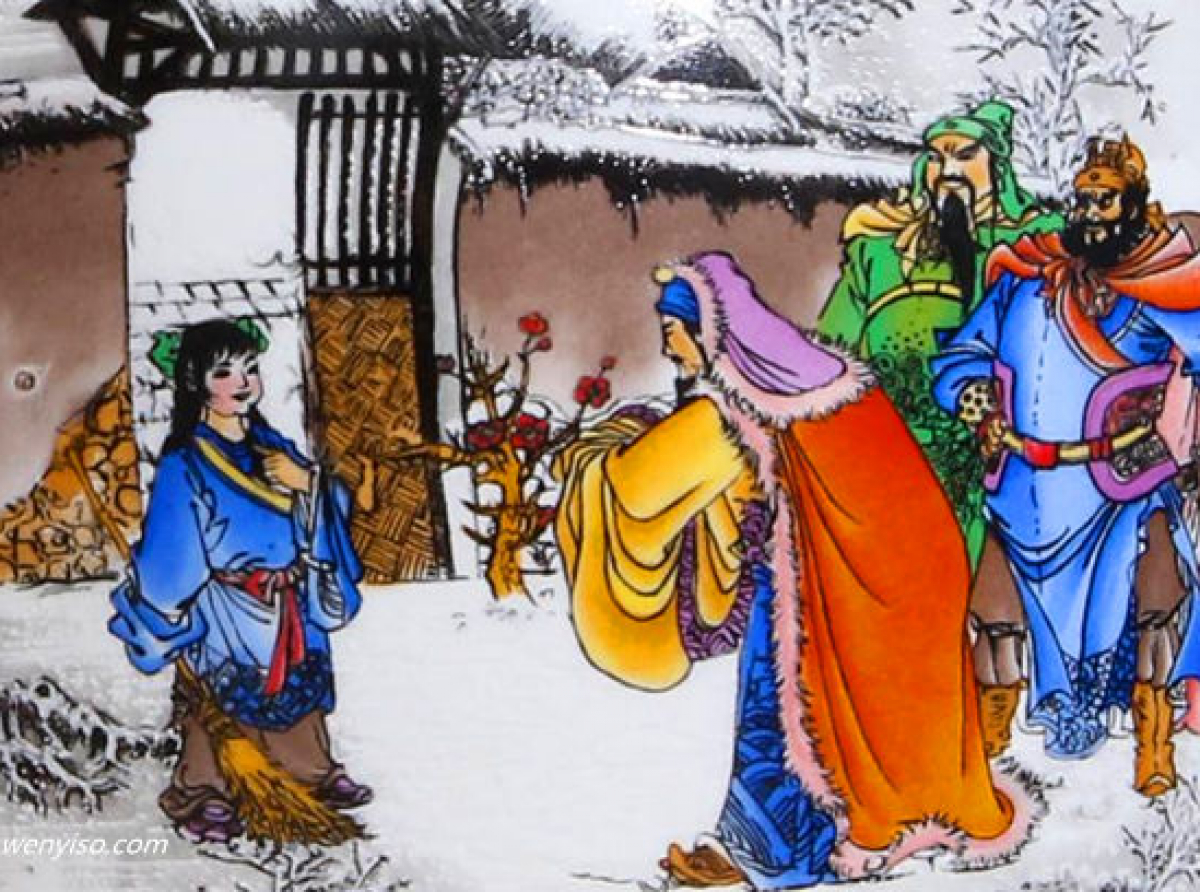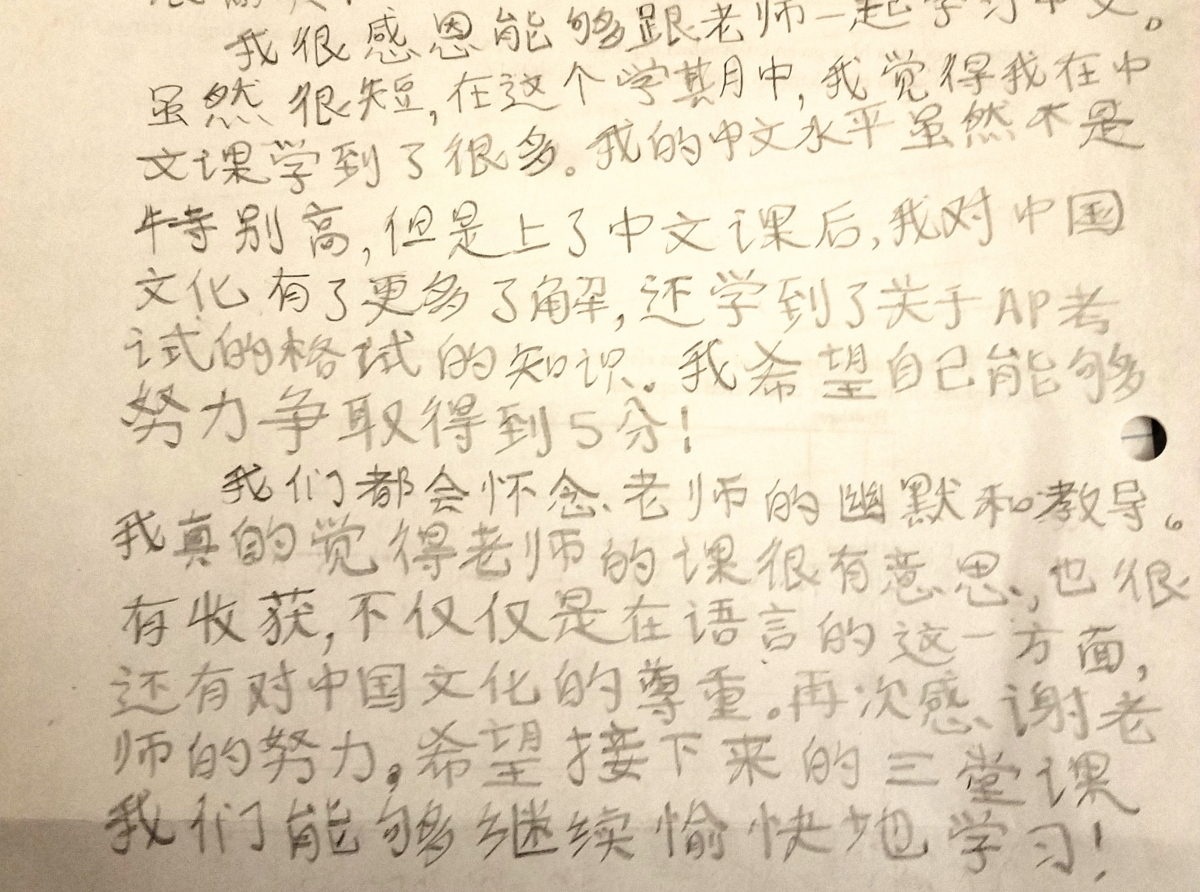[中文版本]
The Three Visits to the Thatched Cottage is a classic Chinese idiom that refers to a historical event in the Late Han Dynasty that would eventually lead to the development of the Three Kingdoms and their six decades of continual conflicts. The anecdote deals with themes not restricted to Chinese culture—despite their prevalence—but reflect human nature as a whole: the importance of courtesy and a persistent show of sincerity when requesting a favor.
At the time, in the territory of the declining Eastern Han Dynasty, three prominent warlords began to gain leverage—Cao Wei, led by Cao Cao; Shu Han, led by Liu Bei; and Eastern Wu, led by Sun Quan. Liu had just suffered a great defeat in the Central Plains and fled to Jingzhou (A city in present-day Hubei Province) to stay with the local nobility Liu Biao. As a descendant of the royalty of the Han, Liu sought to revive the dynasty; he recruited talent everywhere, and Zhuge Liang, known as "Wolong," (“lying-dragon”) was recommended to him as an extremely knowledgeable and talented strategist that could be the silver bullet to Liu Bei’s problems and ambitions.
Liu, accompanied by his best generals, Zhang Fei and Guan Yu, visited Zhuge’s thatched cottage in Longzhong. Zhuge was absent, and Liu left a respectful note. Zhang mocked Liu: "Why beg a hermit? Summon him!" But Liu Bei insisted on humility.
On the second visit, Liu and the two generals return in harsh winter. The three arrived after traversing through the deep snow and cruel winds. Zhuge Liang's brother received them, revealing that Zhuge was wandering. Guan was upset, raising doubts about Zhuge's worth, but Liu Bei wrote another heartfelt letter.
On the third visit, Liu returned after the Spring Festival. Although it was daytime, Zhuge was napping. Zhang and Guan were exasperated, but Liu waited patiently and silently in the snow until Zhuge awakened. Moved by Liu's perseverance and sincerity, Zhuge agreed to serve him. After brief discussions with Liu, Zhuge outlined the Longzhong Plan—a strategy to reunite the fragmented China.
The story underscores Liu's humility—a lord bowing to a scholar—and embodies Confucian ideals of valuing knowledge over status. The repeated efforts despite setbacks suggest that true talent deserves unwavering pursuit. The idiom is often used to praise bosses and companies that earnestly recruit talent, to encourage patience in education, and to reflect China's soft-power diplomacy by building trust through persistent, respectful engagement.








